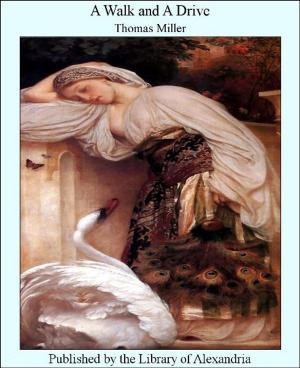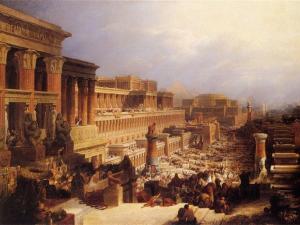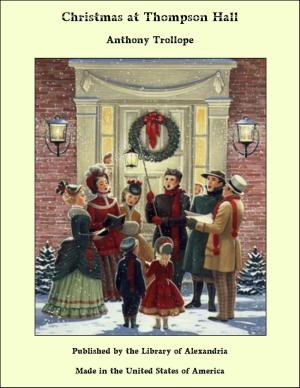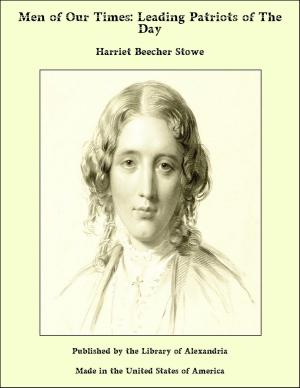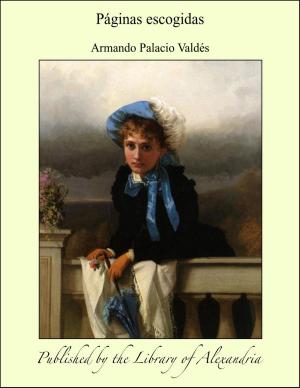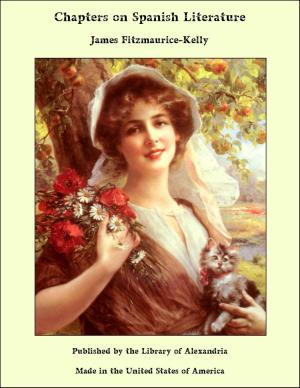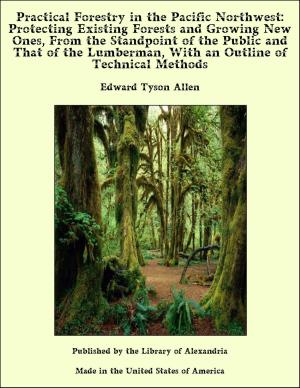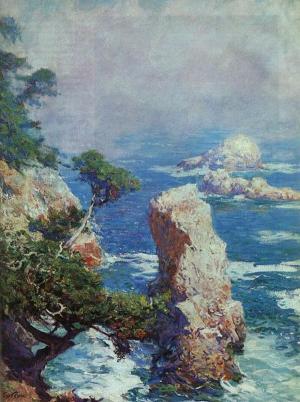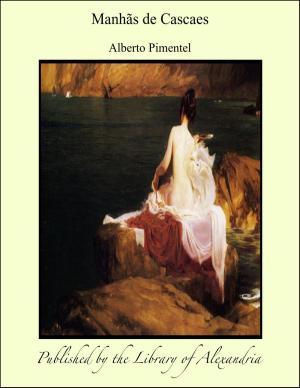The Practical Garden-Book: Containing the Simplest Directions for the Growing of the Commonest Things About the House and Garden
Nonfiction, Religion & Spirituality, New Age, History, Fiction & Literature| Author: | L. H. Bailey | ISBN: | 9781465536174 |
| Publisher: | Library of Alexandria | Publication: | March 8, 2015 |
| Imprint: | Language: | English |
| Author: | L. H. Bailey |
| ISBN: | 9781465536174 |
| Publisher: | Library of Alexandria |
| Publication: | March 8, 2015 |
| Imprint: | |
| Language: | English |
Mount Pleasant Press J. Horace McFarland Company Harrisburg, Pennsylvania Like the love of music, books and pictures, the love of gardens comes with culture and leisure and with the ripening of the home life. The love of gardens, as of every Other beautiful and refining thing, must increase to the end of time. More and more must the sympathies enlarge. There must be more points of contact with the world. Life ever becomes richer. Gardening is more than the growing of plants: it is the expression of desire. As there must be many gardeners, so there must be many books. There must be books for different persons and different ideals. The garden made by one’s own hands is always the best garden, because it is a part of oneself. A garden made by another may interest, but it is another person’s individuality. A poor garden of one’s own is better than a good garden in which one may not dig. Many a poor soul has more help in a plant in the window than another has in a plantation made by a gardener. I would emphasize the home garden, made by the members of the family. I would preach the beauty of the common plants and the familiar places. These things are never old. Many times I have noted how intently an audience of plant-lovers will listen to the most commonplace details respecting the cultivation of plants with which they have been always familiar. There was nothing new in what they heard; but they liked to have the old story told over again, and every detail called up a memory. The same questions are asked every year, and they always will be asked,—the questions about the simplest garden operations. Upon this desire for commonplace advice the horticultural journals live. A journal which publishes only things that are new would find little support. Some of these common questions I have tried to answer in this little book. I wish them answered in the simple and direct phrase of the gardener. Therefore I asked my friend C. E. Hunn, gardener to the Horticultural Department of Cornell University, who lives with plants, to write advice for one who would make a garden; and this he did in a summer vacation. These notes, edited and amplified, now make this book
Mount Pleasant Press J. Horace McFarland Company Harrisburg, Pennsylvania Like the love of music, books and pictures, the love of gardens comes with culture and leisure and with the ripening of the home life. The love of gardens, as of every Other beautiful and refining thing, must increase to the end of time. More and more must the sympathies enlarge. There must be more points of contact with the world. Life ever becomes richer. Gardening is more than the growing of plants: it is the expression of desire. As there must be many gardeners, so there must be many books. There must be books for different persons and different ideals. The garden made by one’s own hands is always the best garden, because it is a part of oneself. A garden made by another may interest, but it is another person’s individuality. A poor garden of one’s own is better than a good garden in which one may not dig. Many a poor soul has more help in a plant in the window than another has in a plantation made by a gardener. I would emphasize the home garden, made by the members of the family. I would preach the beauty of the common plants and the familiar places. These things are never old. Many times I have noted how intently an audience of plant-lovers will listen to the most commonplace details respecting the cultivation of plants with which they have been always familiar. There was nothing new in what they heard; but they liked to have the old story told over again, and every detail called up a memory. The same questions are asked every year, and they always will be asked,—the questions about the simplest garden operations. Upon this desire for commonplace advice the horticultural journals live. A journal which publishes only things that are new would find little support. Some of these common questions I have tried to answer in this little book. I wish them answered in the simple and direct phrase of the gardener. Therefore I asked my friend C. E. Hunn, gardener to the Horticultural Department of Cornell University, who lives with plants, to write advice for one who would make a garden; and this he did in a summer vacation. These notes, edited and amplified, now make this book






